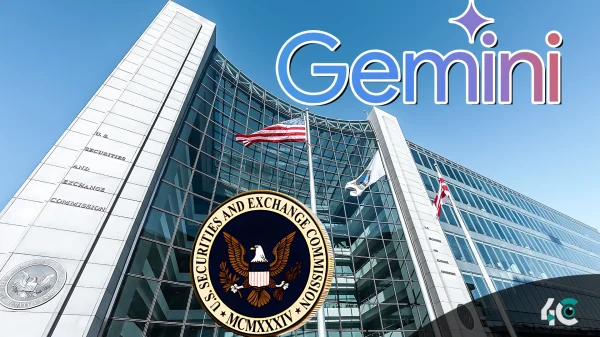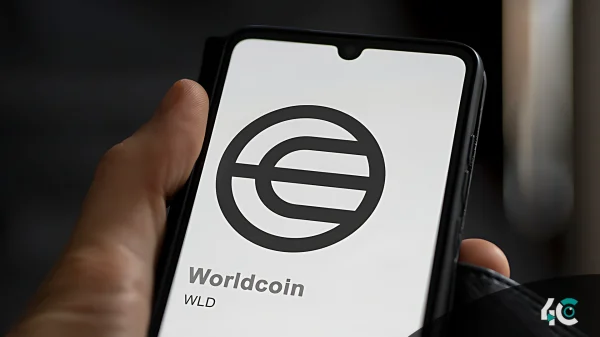The Cardano blockchain reached a big milestone when it became the site of Argentina’s first smart contract that was legally binding. Once this event is over, deals made through blockchain technology will no longer need to be viewed by the judges. The deal in question is a loan agreement for 10,000 ADA tokens, which is about $3,380, between Cardano advocates Mauro Andreoli and Lucas Macchia. The loan has a 10% interest rate and must be paid back in four months.
Andreoli said that this legally binding smart contract had been signed on the Cardano network and emphasized that it was in line with Argentine law. He stressed that this victory could lead to smart contracts being recognized more widely in the country’s judicial system.
Andreoli and Macchia also signed an official paper that went over the details of the deal, like the blockchain that was used, the wallet addresses that were used, and the transaction ID. Along with the digital smart contract, this paperwork is strong proof that judges can use to uphold the deal.
Andreoli thinks that this change could make the legal system in Argentina easier to use and get more companies to use smart contracts for business deals. He suggested that blockchain-based contracts be used for more than just loans, like renting and buying property.
Argentina already has strong laws for business contracts, but Andreoli said that the next step is to teach courts how to deal with agreements that are based on blockchain. At the same time as this important event, Charles Hoskinson, the founder of Cardano, and Javier Milei, the president of Argentina, are planning to meet to talk about how to make cryptocurrency more widely used.
As blockchain technology continues to spread around the world, other law systems are starting to see what it can do. Case in point: U.S. courts have used blockchain tools to block access to crypto wallets. In the UK and Florida, courts have even used non-fungible tokens (NFTs) to send judicial warnings. This trend shows that digital assets and smart contracts are becoming more and more accepted as legal ways to make and enforce agreements.
With this new step forward, Argentina shows that it is a country that is thinking ahead about how to use digital assets in its business and law systems.














































